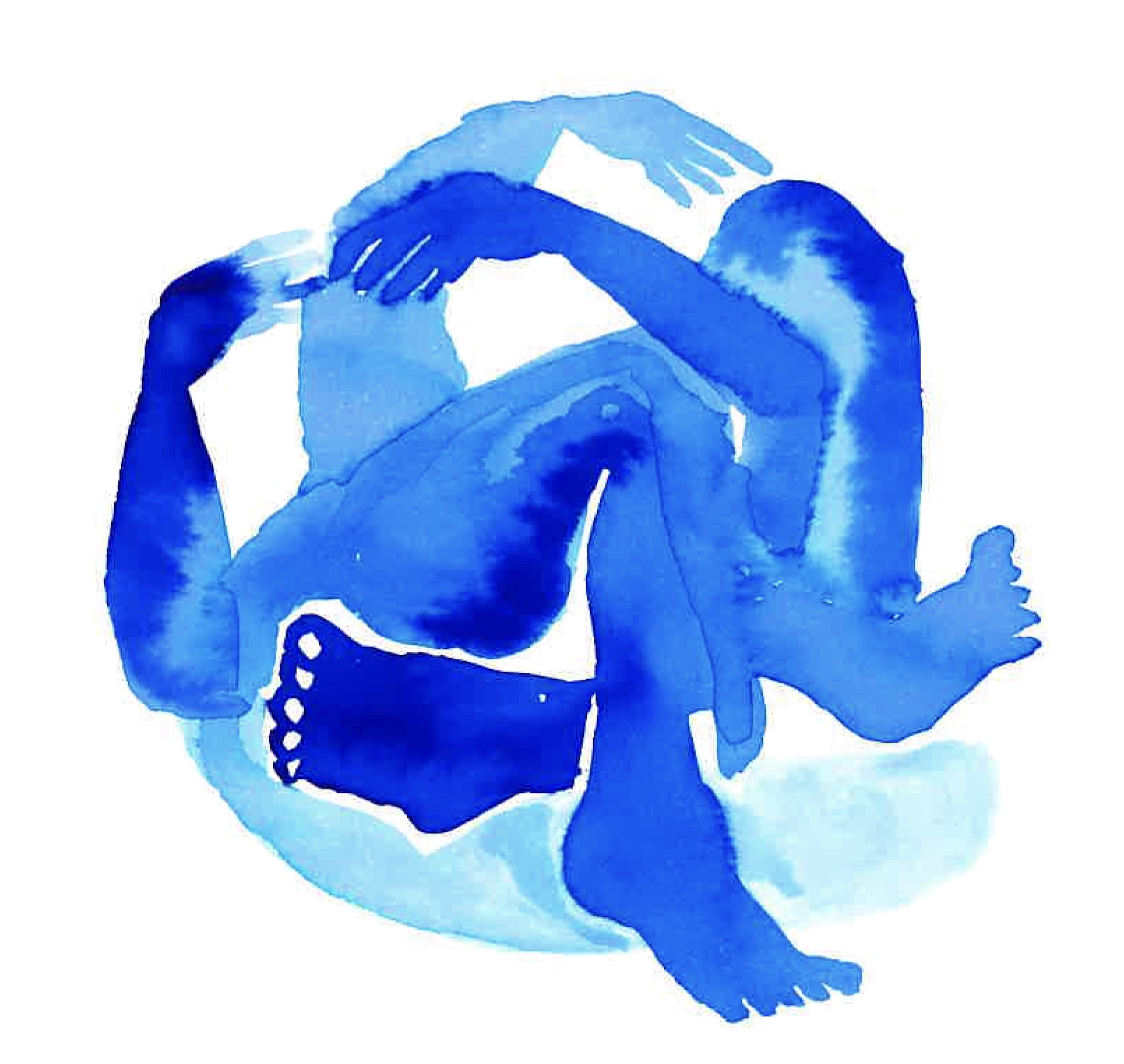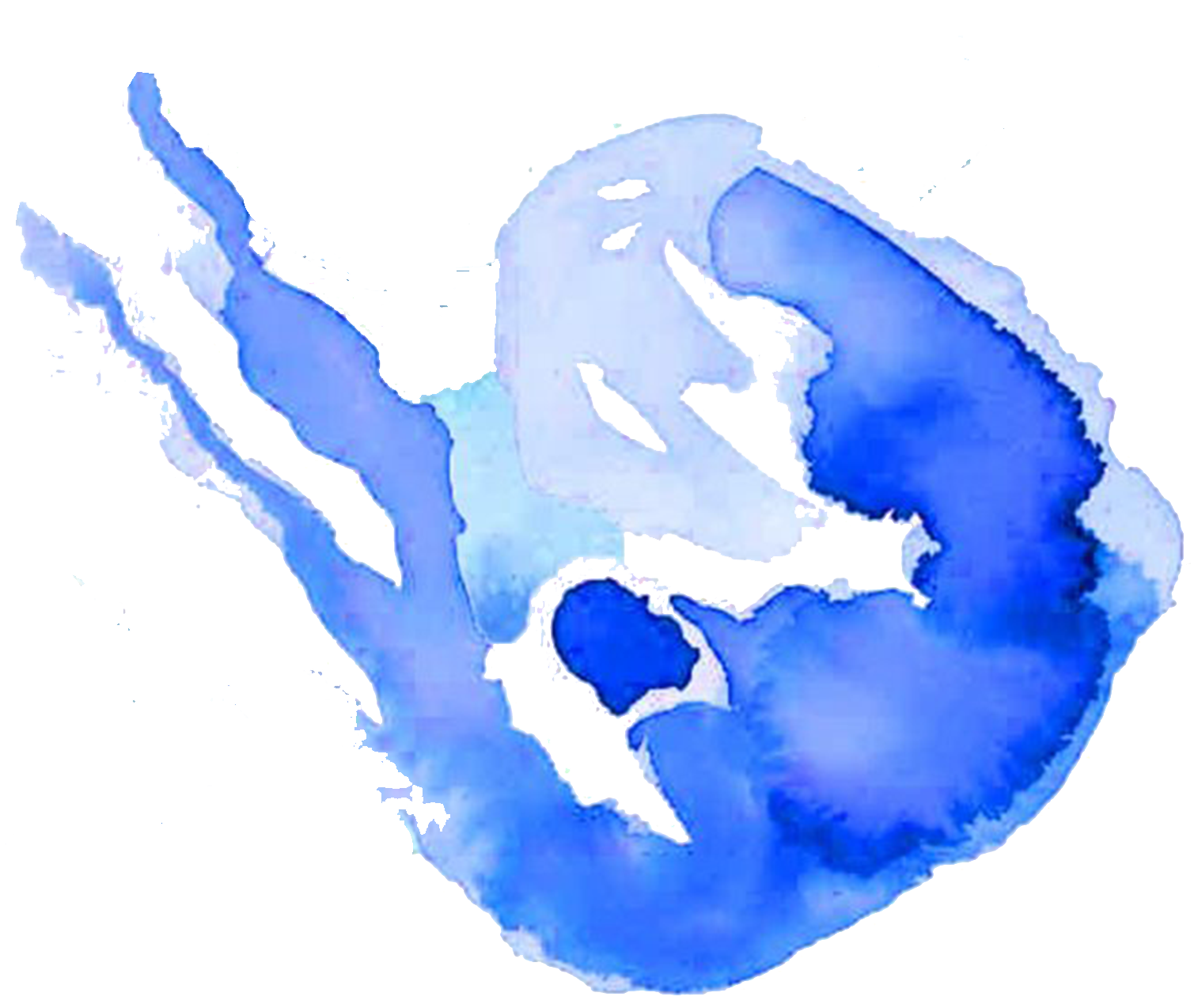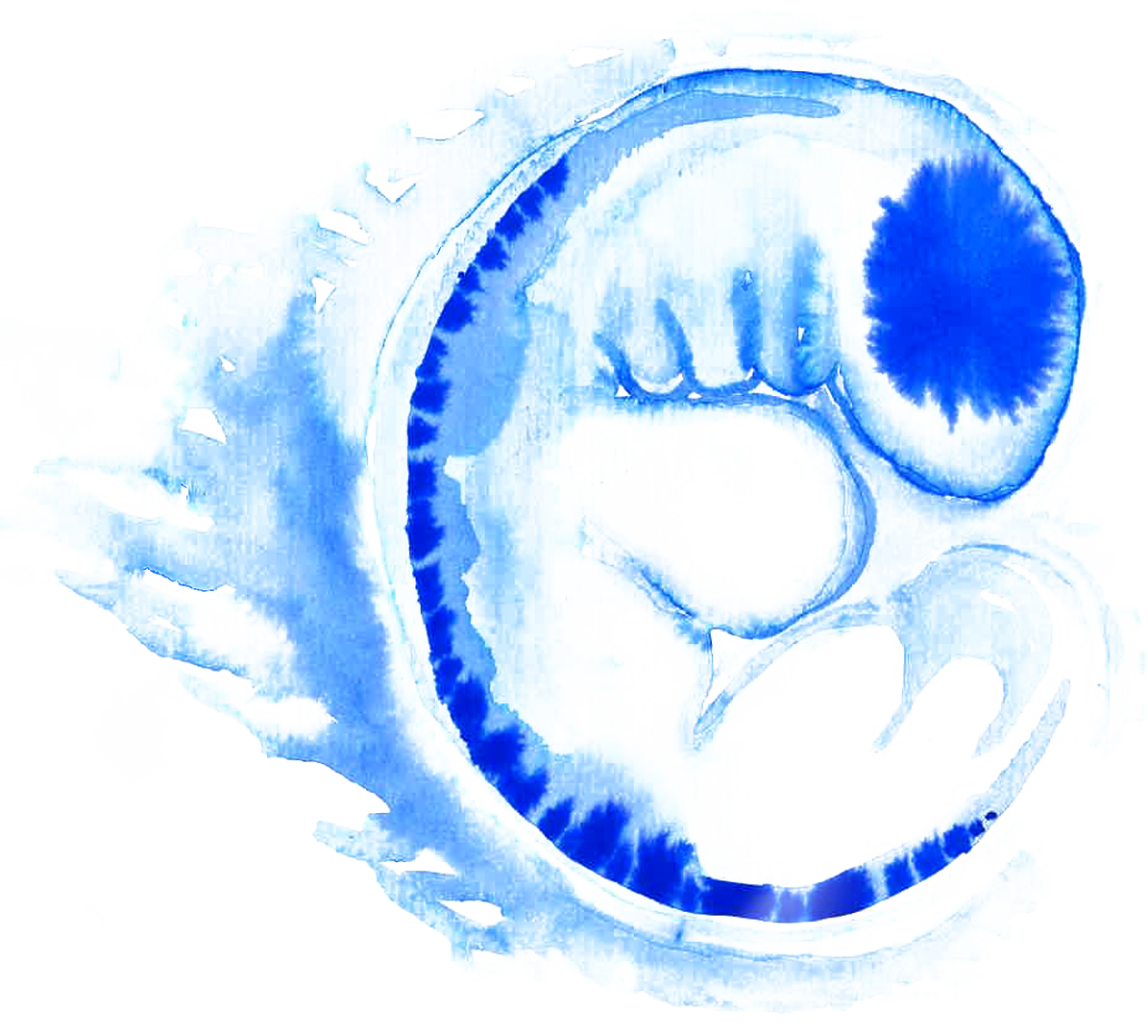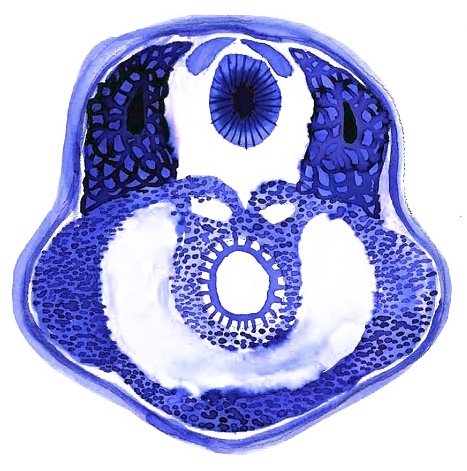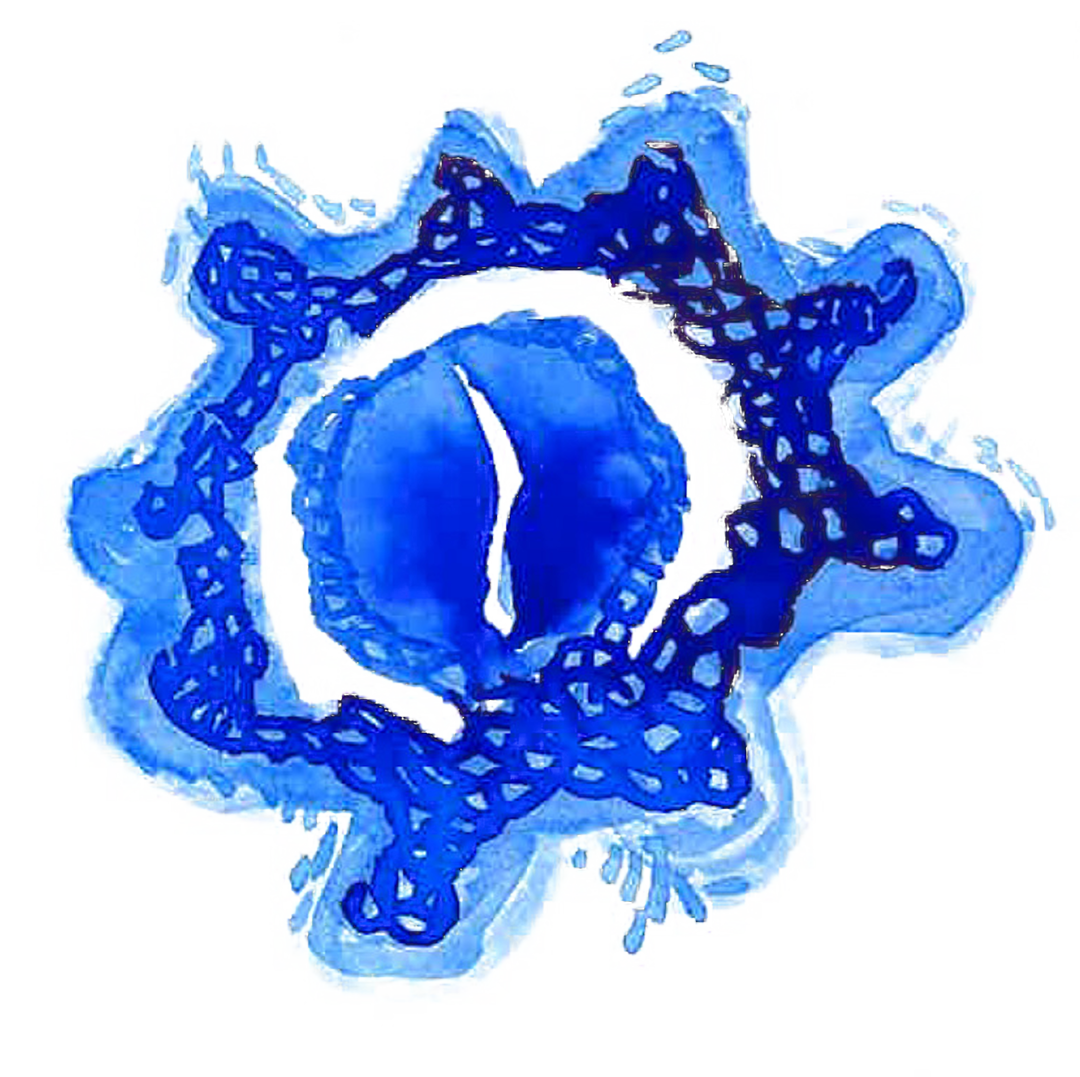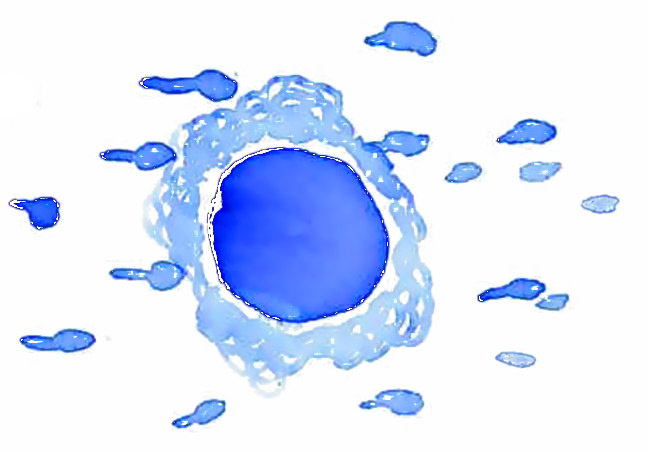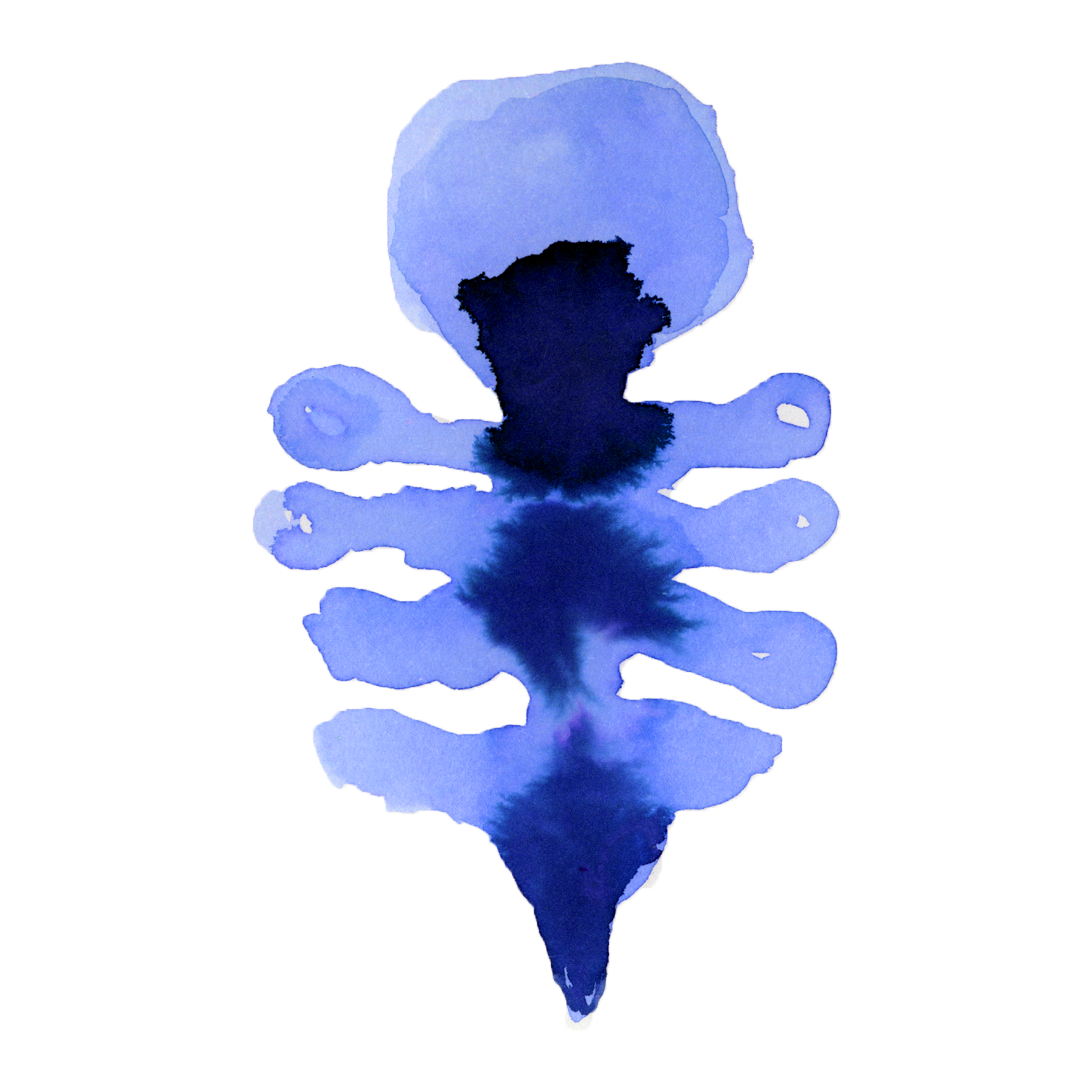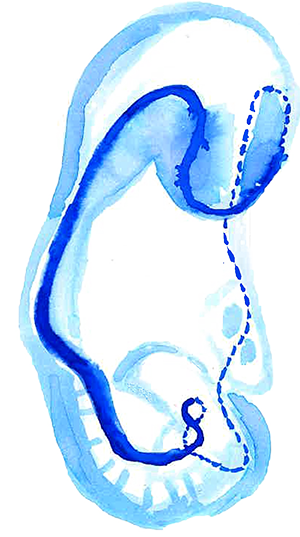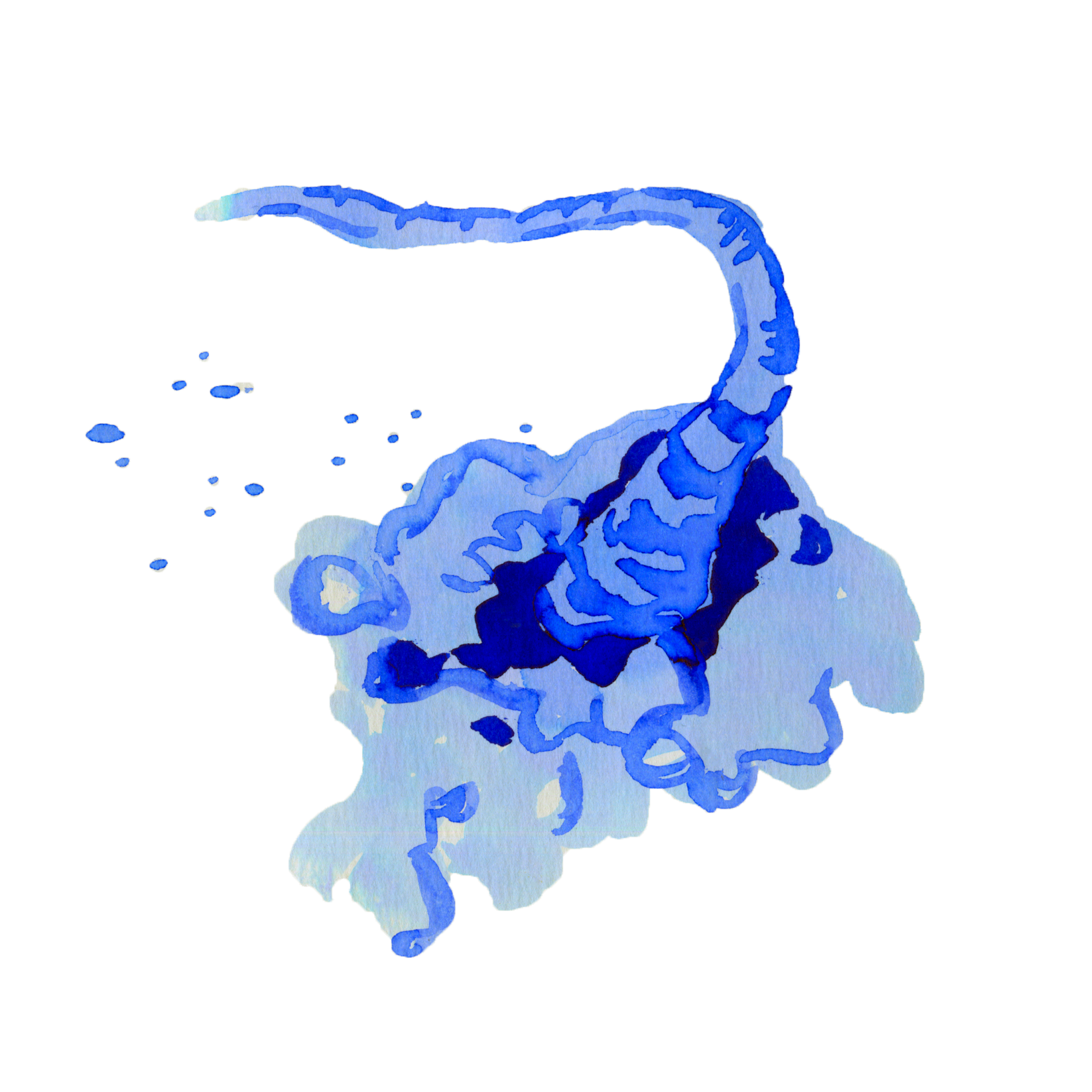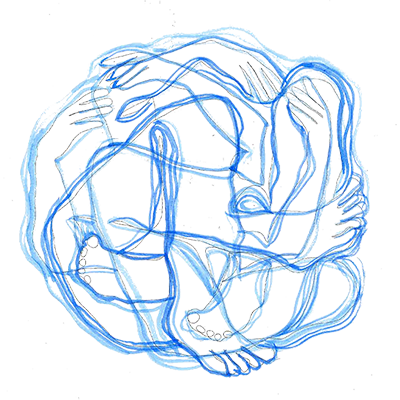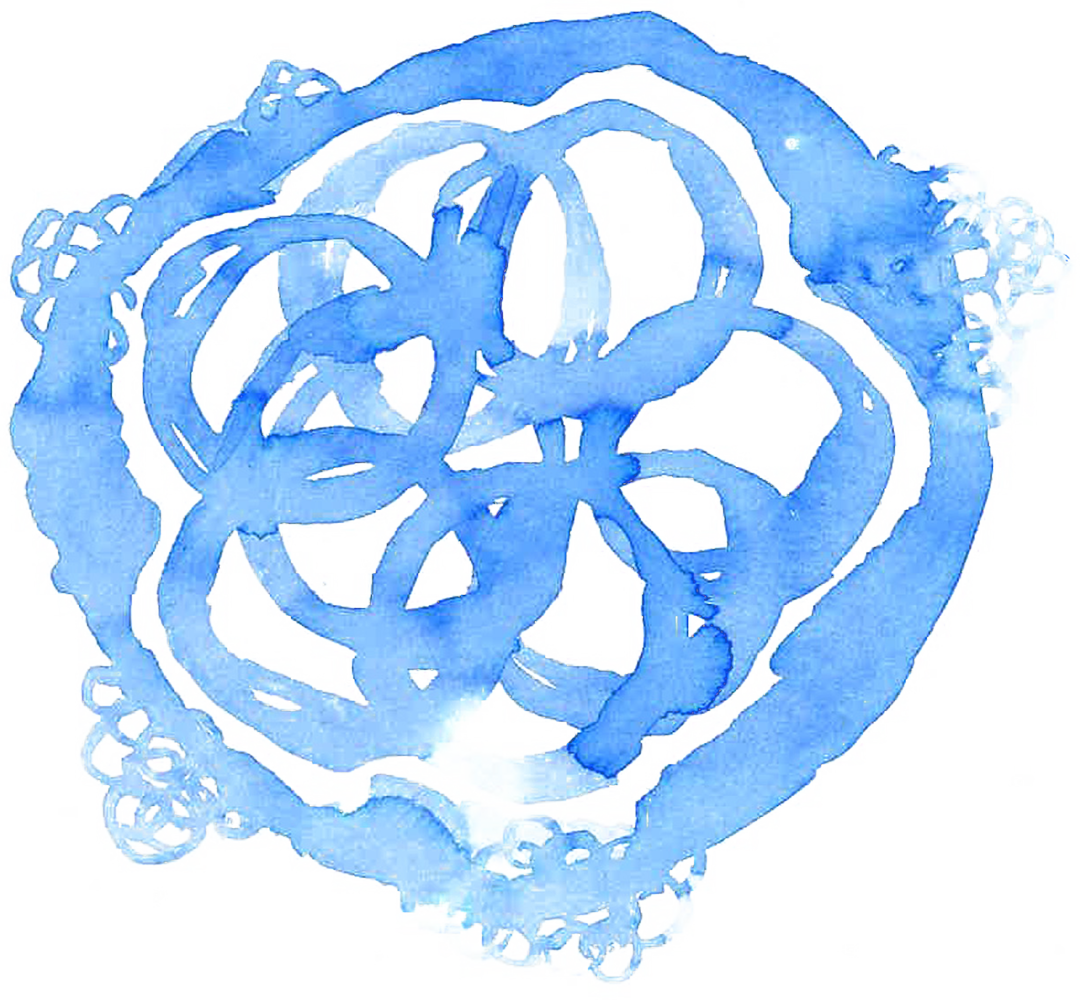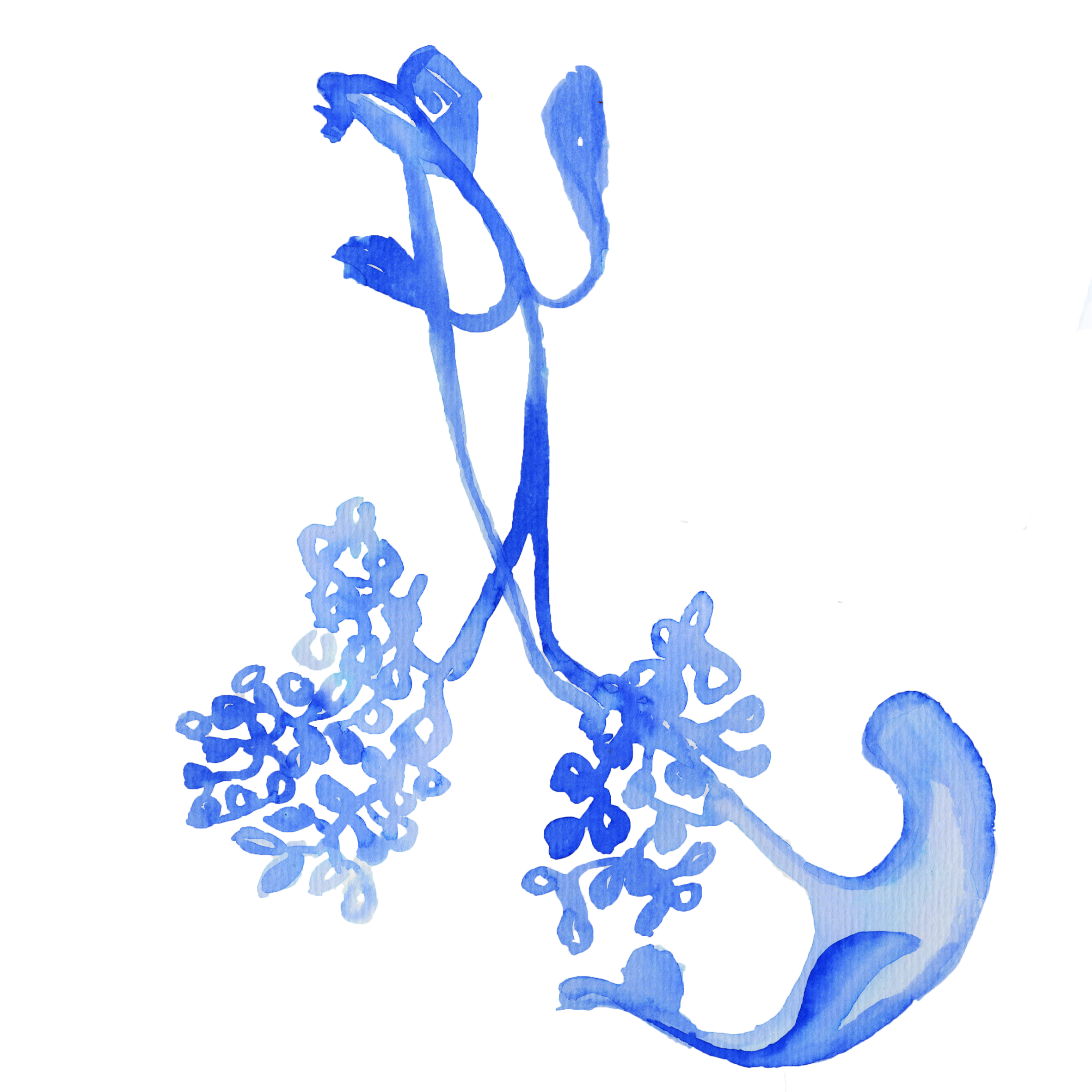“Biology as history”
with anthropologist and philosopher Stefania Consigliere
Presented as part of BodyCartography's
"a collection of fluid spaces"
Introduced by Carla Bottiglieri
Teknisk Museum, Oslo
April 28, 2022
Over the last 25 years, the ensemble of disciplines collectively called
“life sciences” have developed a whole new paradigm for thinking,
studying, understanding (and, yes, loving) the process of life. Among
others, epigenetics and the study of microbiome have brought crucial
insights in the deeply ecological, symbiontic and historical structure
of organisms – including humans. As it now appears, we are not
self-reproducing, self-centred and self-ish machines, but bundles of
relations; half of the cells composing our bodies are not “ours” (i.d.,
they are not “self cells”), and the body’s developing path follows the
lines of its ongoing exchanges with what is around: a uterus, a certain
family, a specific social group, a culture, a history. There is no
dividing history from biology: what happens during our lifetime
determines our cell composition and leaves inheritable epigenetic
traces. Oddly (and inspiringly, as well), contemporary life sciences
seem to confirm what cultural anthropology has long claimed: the
multiplicity of human worlds.
Stefania Consigliere (1969) is researcher in Anthropology at the University of Genoa, where she teaches Anthropology and Anthropology of knowledge systems and where she has organized two post-graduate courses in Ethnomedicine and ethnopsychiatry. Her main research lines focus on the debate over “human nature” and the processes through which human beings are produced by (and, in their turn, produce) the culture they belong to; and on the epistemological, ontological and ethical questions that arise when the anthropological precept of “taking other seriously” is, in its turn, taken seriously. She is author of more than 150 publications, among which are Antropo-logiche. Mondi e modi dell’umano (“Anthropo-logics. Human worlds and ways”, Colibrì 2014), Mondi multipli 1 and 2 (“Multiple worlds”, Kainos 2014, Strumenti di cattura (“Tools for capture”, with Paolo Bartolini, Jaca Book 2019) and Favole del reincanto (“Fables of the re-enchantment”, DeriveApprodi 2020).
